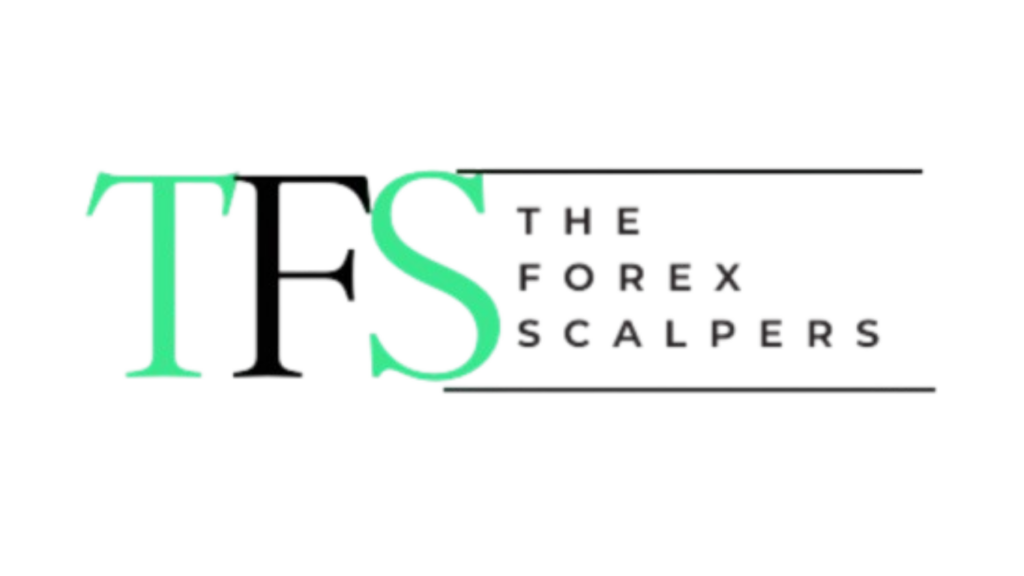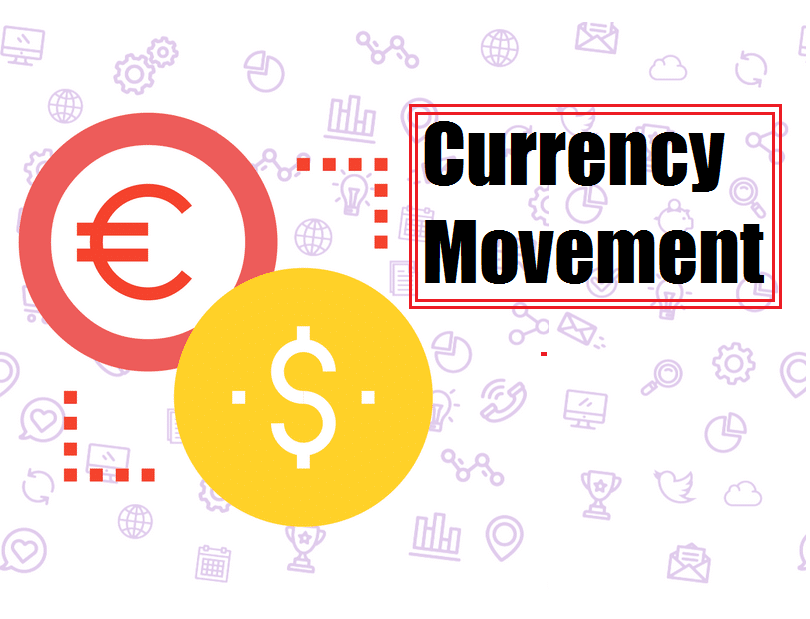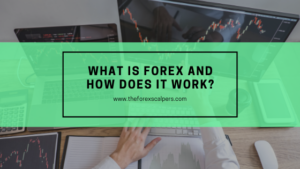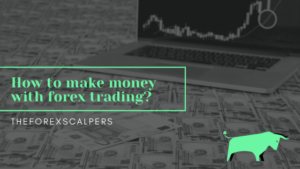When financial markets change, currencies are constantly moving up and down one against another. The financial markets are interconnected with the interest-rate markets that allow sovereign rates to directly influence a currency pair’s direction Sovereign rates, which are the official interest rates released by a country’s government, are used for building the market forward. As sovereign interest rates fluctuate relative to other sovereign rates, the change can drive the direction of the forex market.
Supply and demand are the key drivers of the currency movement in Forex. As demand for a currency like the U.S. dollar increases, the rise in people trying to turn their currency into us dollars would cause their price to rise until supply also rises in line with increased demand. Similarly, if an economy’s supply of money goes up without a corresponding increase in demand, then the value of its currency will go down. Although there are other factors as well listed here, the sole driver of forex price volatility is really supply and demand. It’s because all this influences the supply and demand rates for a currency, which in turn will cause the price to go up or drop.
On a macro level, exchange-rate values have no greater influence than central banks and the interest-rate decisions that they make. Generally speaking, if a central bank raises interest rates, that indicates their economy is growing and they’re optimistic about the future; if they cut interest rates, that ensures their economy is dropping on difficult times and skeptical about the future. This kind of analysis may be overly simplified, but the way central banks reflect changes in their economies is generally the same.
The problem comes in when market traders try to predict what the central banks will be doing with rates. If market traders expect an increase in interest rates, they typically start purchasing the currency even before the central bank is scheduled to announce the decision, and vice versa if the central bank plans to cut rates. But if that central bank fails to do as planned by traders, the reaction can be very violent as Forex traders quit their preconceived market positions.
While market investors appreciate high-interest rates, they always respect an investment’s predictability. That is why currencies typically have higher demand from political stability and economically sound nations, which turn the results in higher exchange rates. Many economic keys to be measures, in addition to adjustments in the supply of money, inflation rates and interest rates, including gross domestic product, trading balance, and unemployment rate. If these all metrics show strong and economy growing, it will tend to appreciate the currency as demand rises. Likewise, strong political factors are positively affecting currency values.








